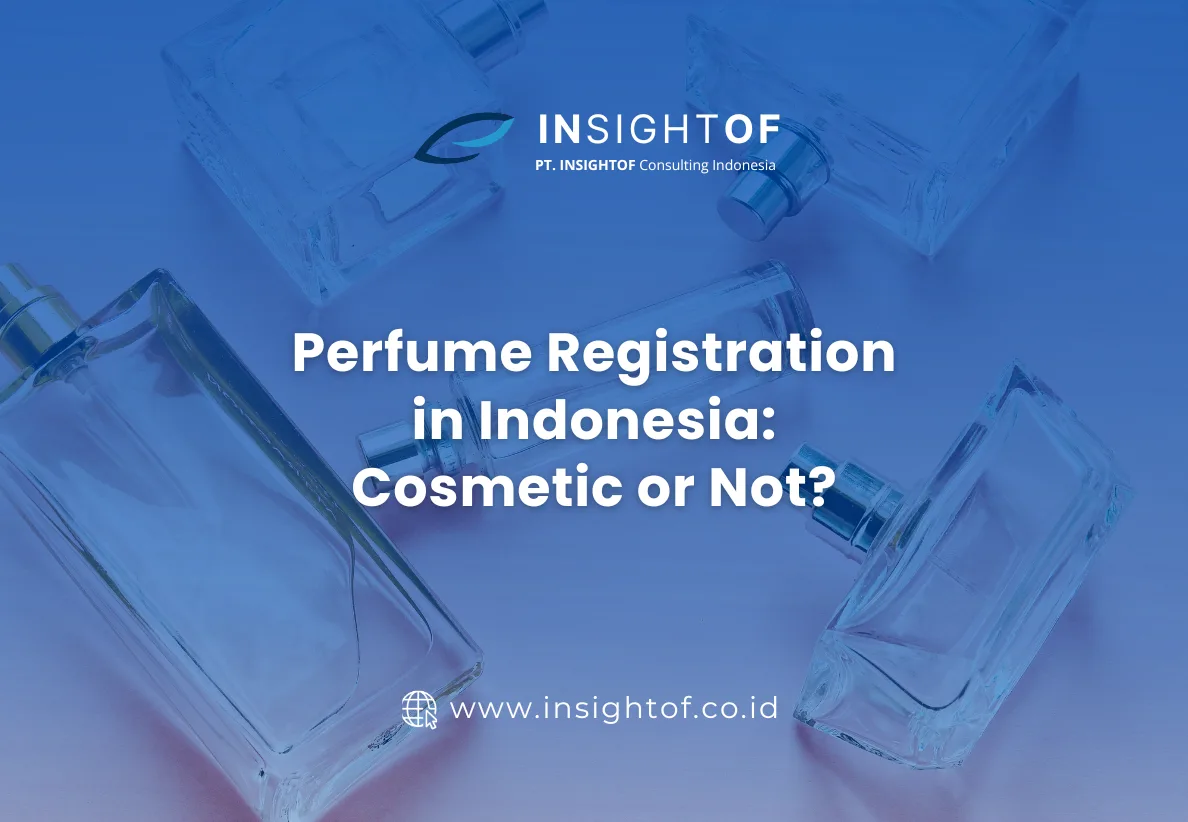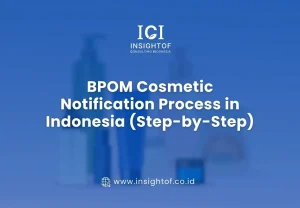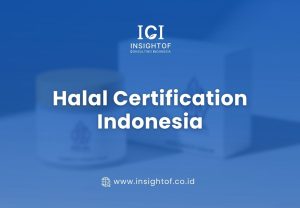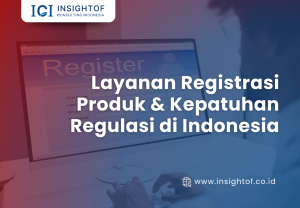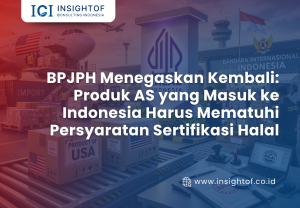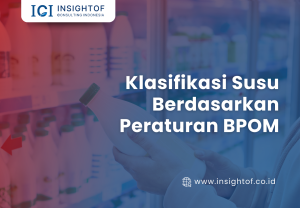Perfumes are treated as cosmetics under Indonesian law and must be registered with the Badan Pengawas Obat dan Makanan (BPOM) before sale. By definition, Indonesian regulations cover “substances intended to … fragrance (mewangikan), change appearance, or improve body odor” as cosmetics. In fact, BPOM’s official guidelines list “Parfum” (perfume) and related fragrances (e.g. eau de parfum, eau de cologne, body fragrance) explicitly under cosmetic product categories. In other words, any imported perfume is legally a cosmetic, not merely a home fragrance or food flavor.
👉 In short: all imported perfumes are legally cosmetics, not air fresheners or food flavors.

BPOM Notification Number Is Mandatory
Before a perfume can be sold in Indonesia, the product must obtain a BPOM notifikasi (notification number), also called an izin edar. BPOM issues a 13-digit code starting with “NA” or “NE” to registered cosmetics. For example, NA-1232023xxxxx indicates an Asia-region product (NA) from Indonesia (12), year (23) and a unique serial. In short, every cosmetic including perfume needs this NA/NE number to be legally distributed in Indonesia. Without it, even genuine brand perfumes are considered illegal.
- Example: NA1232023xxxxx
- NA = Region
- 12 = Indonesia
- 23 = Year
- xxxxx = Unique serial
🛑 Without this number, even authentic brand-name perfumes are considered illegal.
As one BPOM officer stated:
“Even if the products are authentic, tanpa izin edar (without distribution license), they are illegal.”
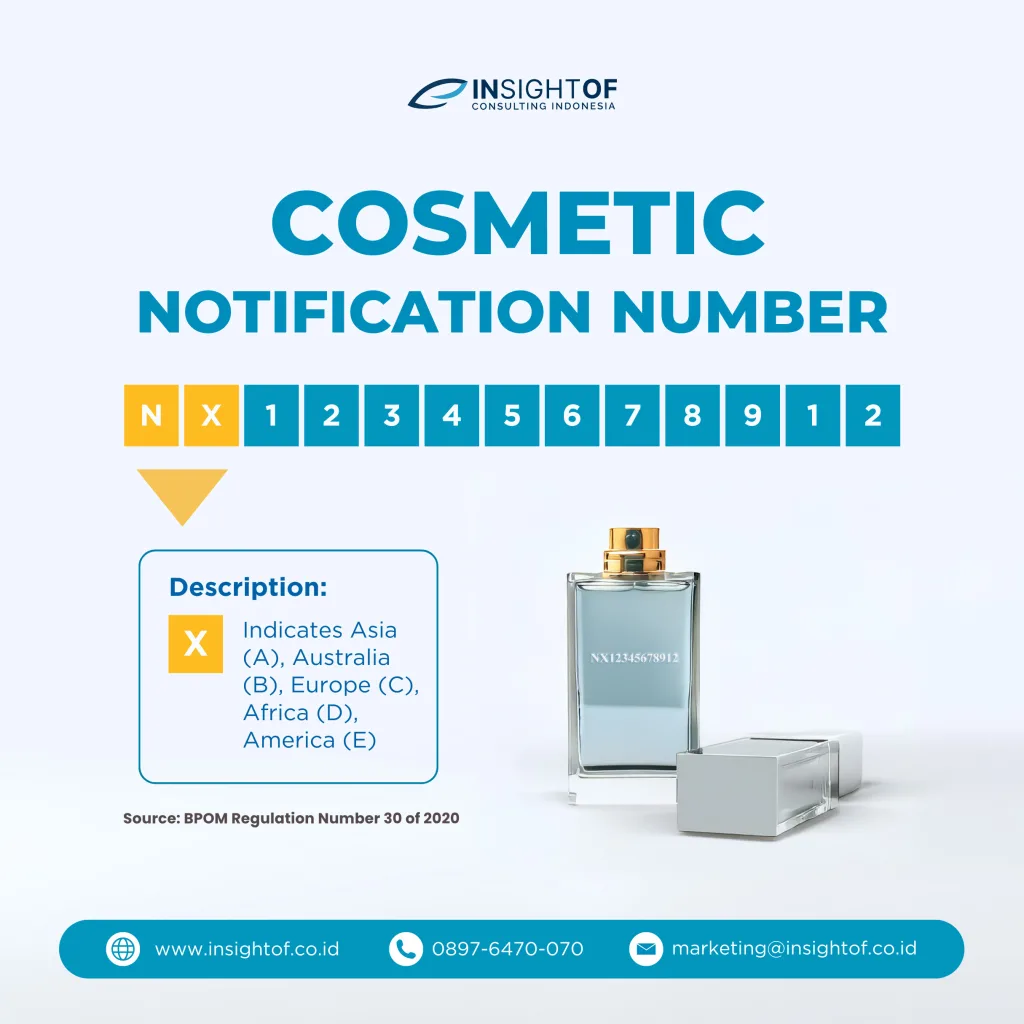
Local Distributor or Technical Representative Required
Because BPOM only registers legal entities domiciled in Indonesia, foreign exporters must appoint a local partner or representative. Indonesian law stipulates that only an Indonesian-registered company can import and distribute foreign cosmetics. This means you typically need a local distributor or hire an Indonesian agent who holds the BPOM notification on your behalf. In practice, exporters often work with a local cosmetics importer (PMA company) or a contract-manufacturer (“maklon”) that provides a product license holder. This local company will have its own business licenses (NIB, NPWP) and will appear on the label as the permit-holder.
Notification & Labeling Requirements
Notification Process: The perfume must be notified in BPOM’s online system (Notifikasi Kosmetik) with full documentation: formula details, safety data, manufacturing certificates, etc. Once approved, BPOM issues the NA/NE number. This number must appear on the product label along with other required information (see below).
Labeling Rules: By regulation, all cosmetic labels must be in Bahasa Indonesia (the local language). Mandatory items include brand name, ingredients (using INCI names), net content, manufacturer country, distributor name/address, and expiry date. For example, metric net weight (Netto) and “Tanggal kedaluwarsa” (expiration date) must be clearly printed. Usage instructions and product claims should also be in Indonesian. (Perfume is an exception for some items: because usage is obvious, Indonesian usage instructions are not strictly required for perfume – but all other label information still is.)
Ingredient lists must follow international nomenclature (INCI) and may use the words “Parfum/Perfume/Fragrance” for fragrance components. The label must also state “Made in [country]” for the manufacturer.
🟢 Halal labeling is not mandatory, but it is commonly used for market appeal.
- Key Label Points: Include the BPOM NA/NE number, metric net volume, list of ingredients, Indonesian usage phrases, and expiry date phrased as “Tanggal kedaluwarsa” or “baik digunakan sebelum”. Claims should not be misleading, and labels cannot make medicinal claims (cosmetics are only for beautifying or fragrance).
BPOM Enforcement & Case Example
BPOM actively inspects cosmetics and will seize unregistered perfumes. For example, in 2022 the Loka POM (BPOM regional office) in Bali raided several stores in Buleleng Regency. Inspectors confiscated hundreds of cosmetic items – mostly perfumes – because none had BPOM izin edar. The Loka POM chief warned shop owners that “if there is no izin edar, the product is illegal”. Sellers received warnings and were told further violations could mean forced store closures, license revocations, or legal action.
More broadly, BPOM data show that illegal cosmetics are a serious problem, especially online. A 2025 BPOM report found 60% of seized illegal cosmetic products were imported brands sold via online platforms. The Indonesian press regularly reports raids on markets and online vendors. In short, selling perfume without BPOM registration is very risky – products will be confiscated, business permits can be revoked, and offenders may face criminal sanctions under Health Law No. 36/2009.
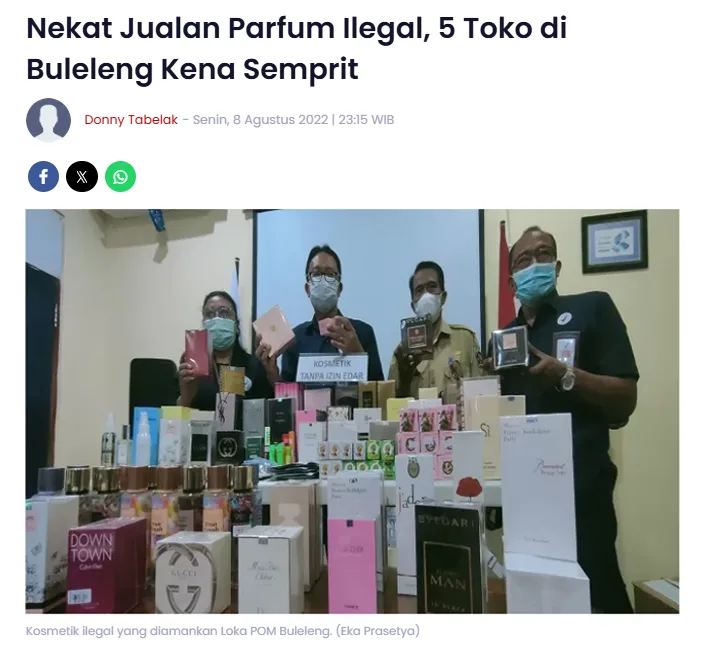
Tips for Exporters
- Register Early: Submit your perfume product for BPOM notification well before shipping. BPOM review can take several weeks. Without approval you cannot legally import or sell.
- Use a Local Agent: Engage a reputable Indonesian partner (distributor or licensing agent) to act as the local registrant. They will hold the BPOM number and ensure label compliancecekindo.com.
- Prepare Documents: Have a complete technical dossier: ingredients list (INCI), safety assessments (CTFA, MSDS), GMP or ISO production certificate, and letter of free sale. These are requested during notifikasi.
- Design Labels Carefully: All required information (see above) must be in Indonesian. Consider local graphic templates. Always include the BPOM number once obtained.
- Check BPOM Site: After registration, confirm your BPOM notification number and product name via the official BPOM database (Cek Produk). Never import a product already registered under a different name.
- Stay Updated: Monitor BPOM announcements. Regulations can change (e.g. new ingredient bans or halal requirements). For example, BPOM is proposing stricter rules on refillable perfumes.
Conclusion
Perfumes are legally considered cosmetics in Indonesia.
This means:
- BPOM notification is required before sale
- Labels must meet cosmetic standards
- A local entity must act as the registrant
Although the process may seem complex, it ensures legal compliance and protects consumers.
With the right documentation, local partner, and regulatory knowledge, exporters can successfully introduce their fragrances to the Indonesian market.
Do you need assistance registering your product in Indonesia?
Contact us today to start your registration process.
References: Official BPOM regulations and guidelines (e.g. Perka BPOM No.18/2024 on cosmetic labeling) define perfume as cosmetics. BPOM enforcement reports (e.g. Radar Bali, 2022) illustrate that unregistered perfumes are seized as illegal.
